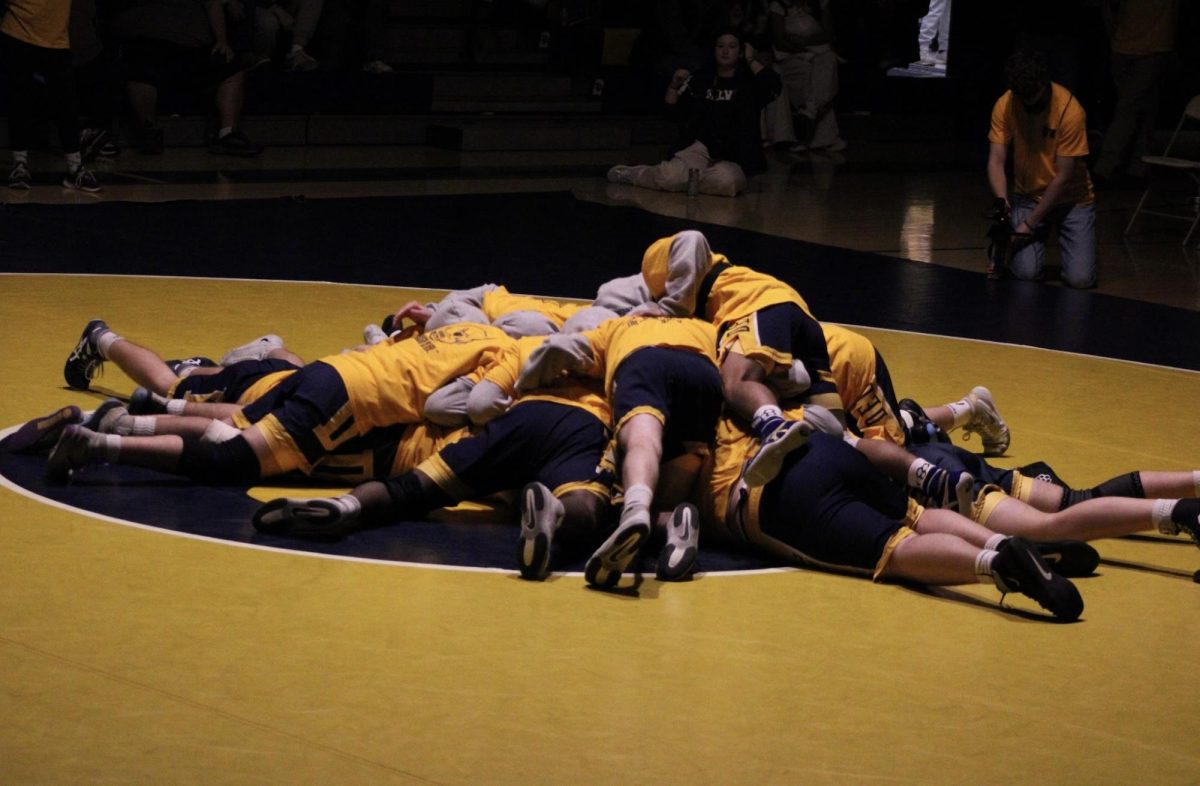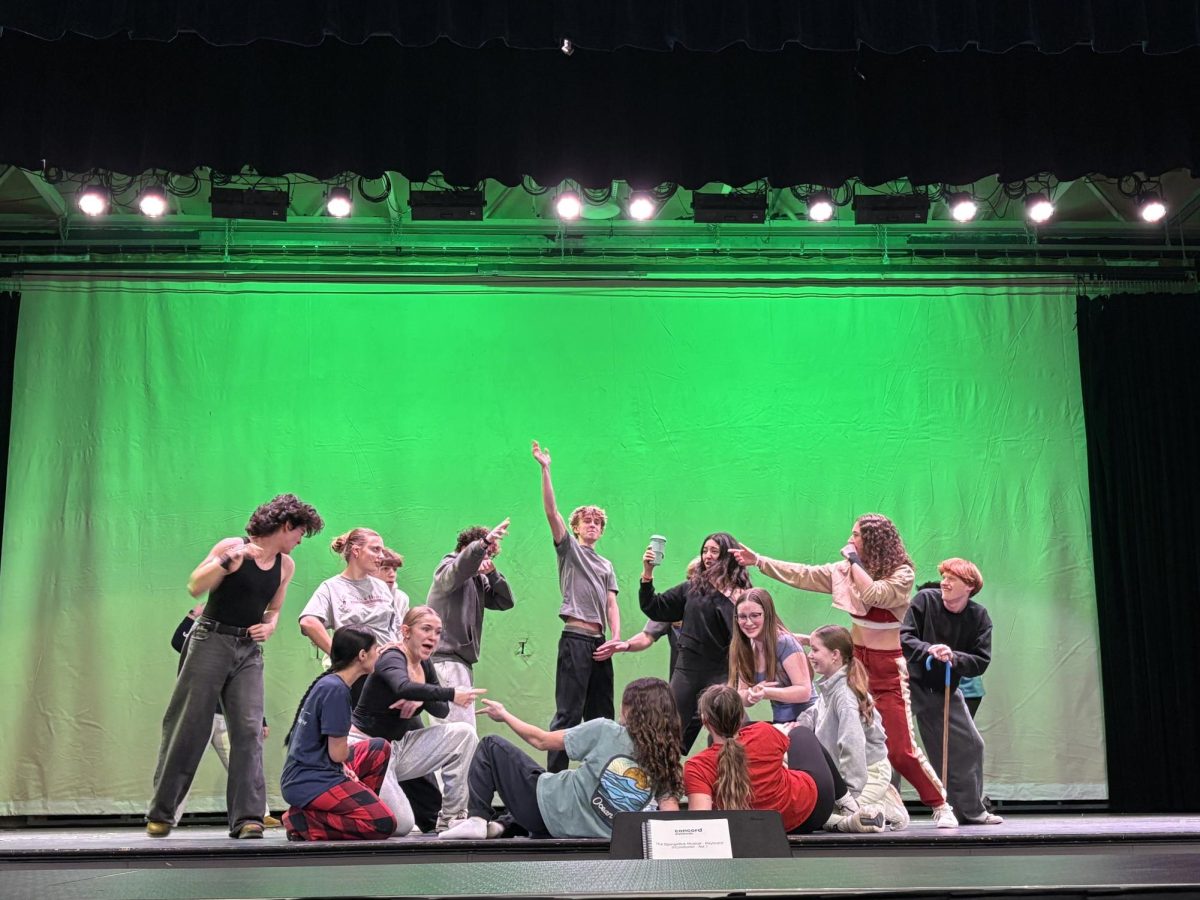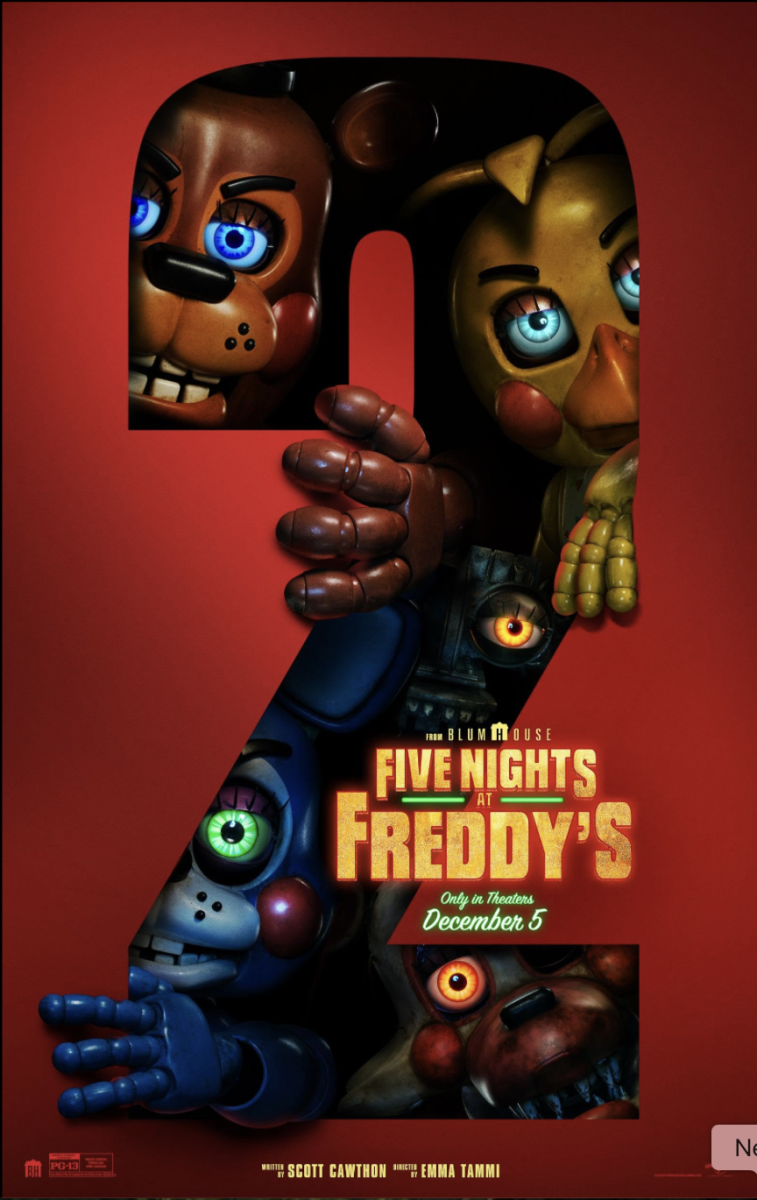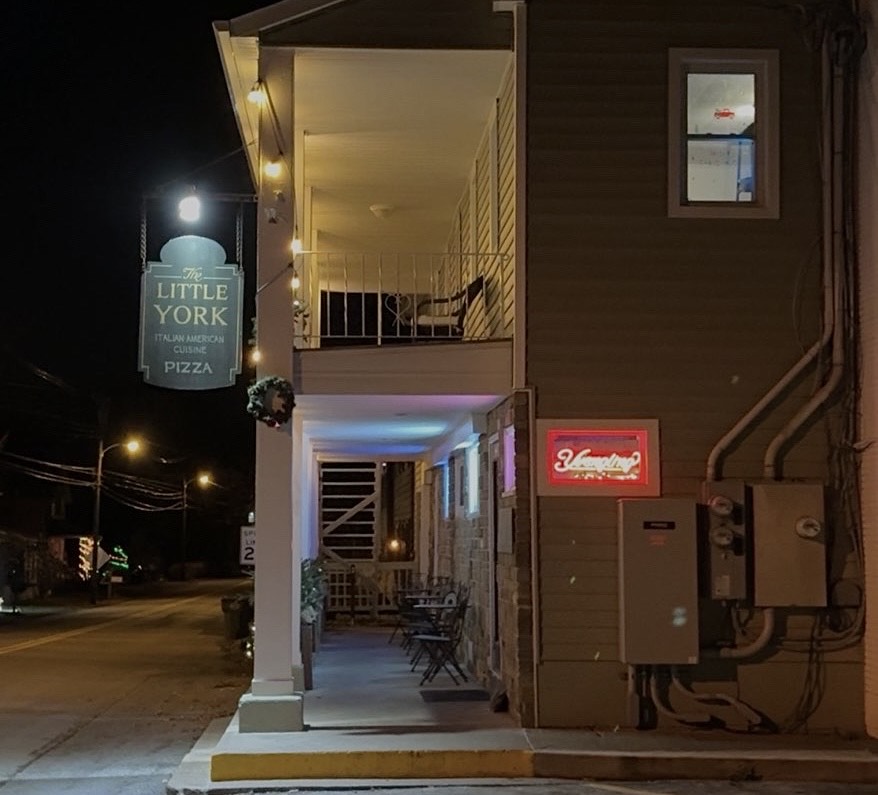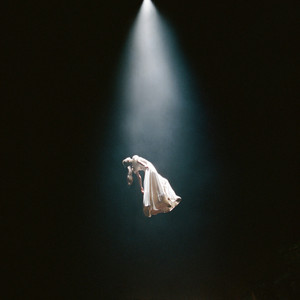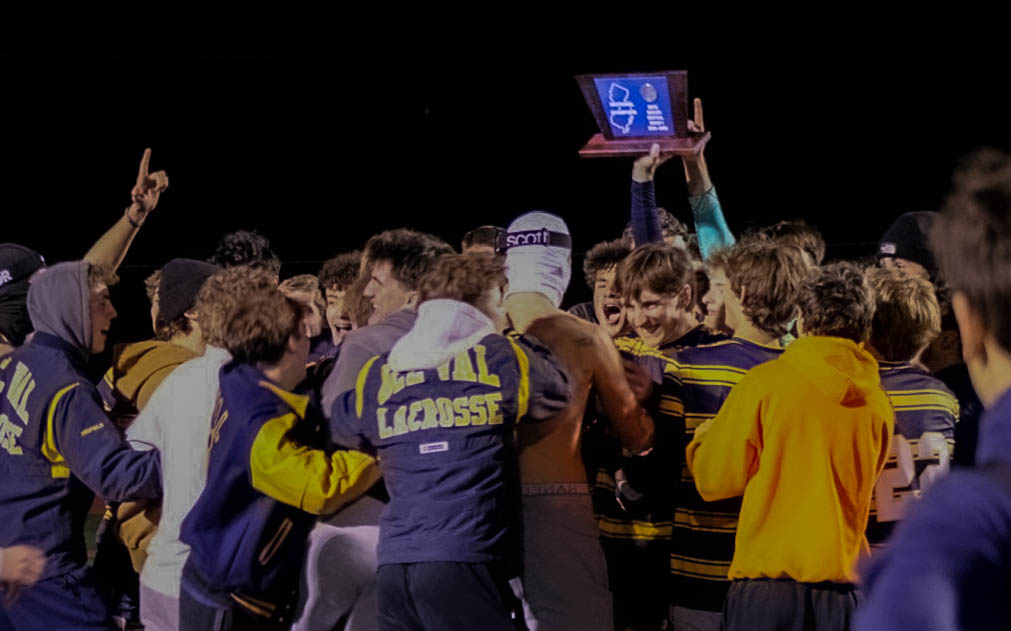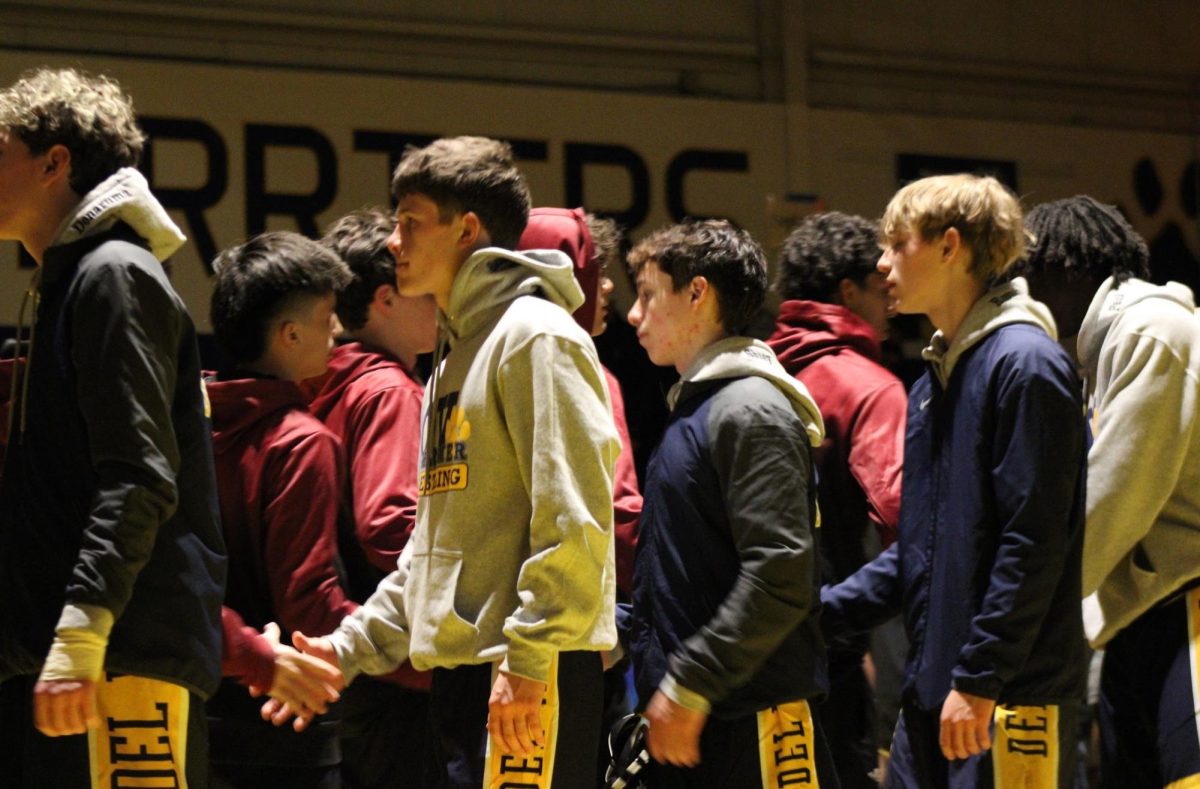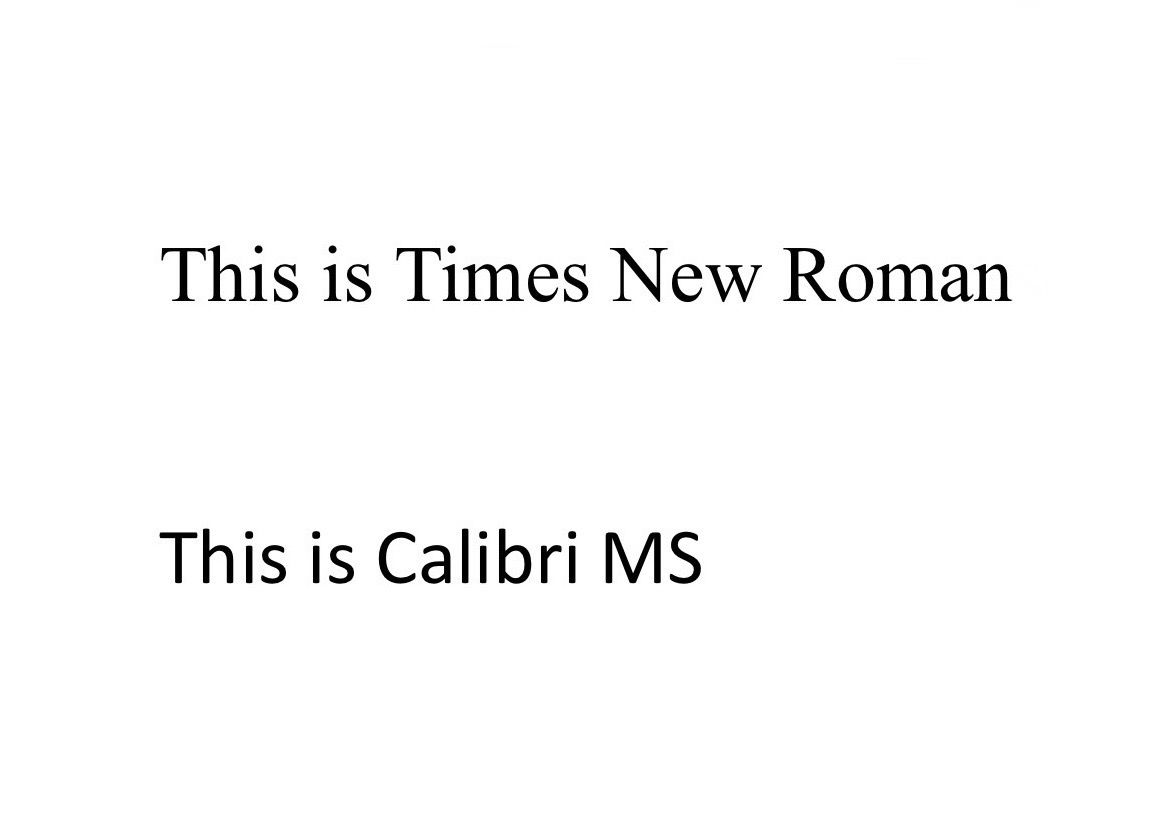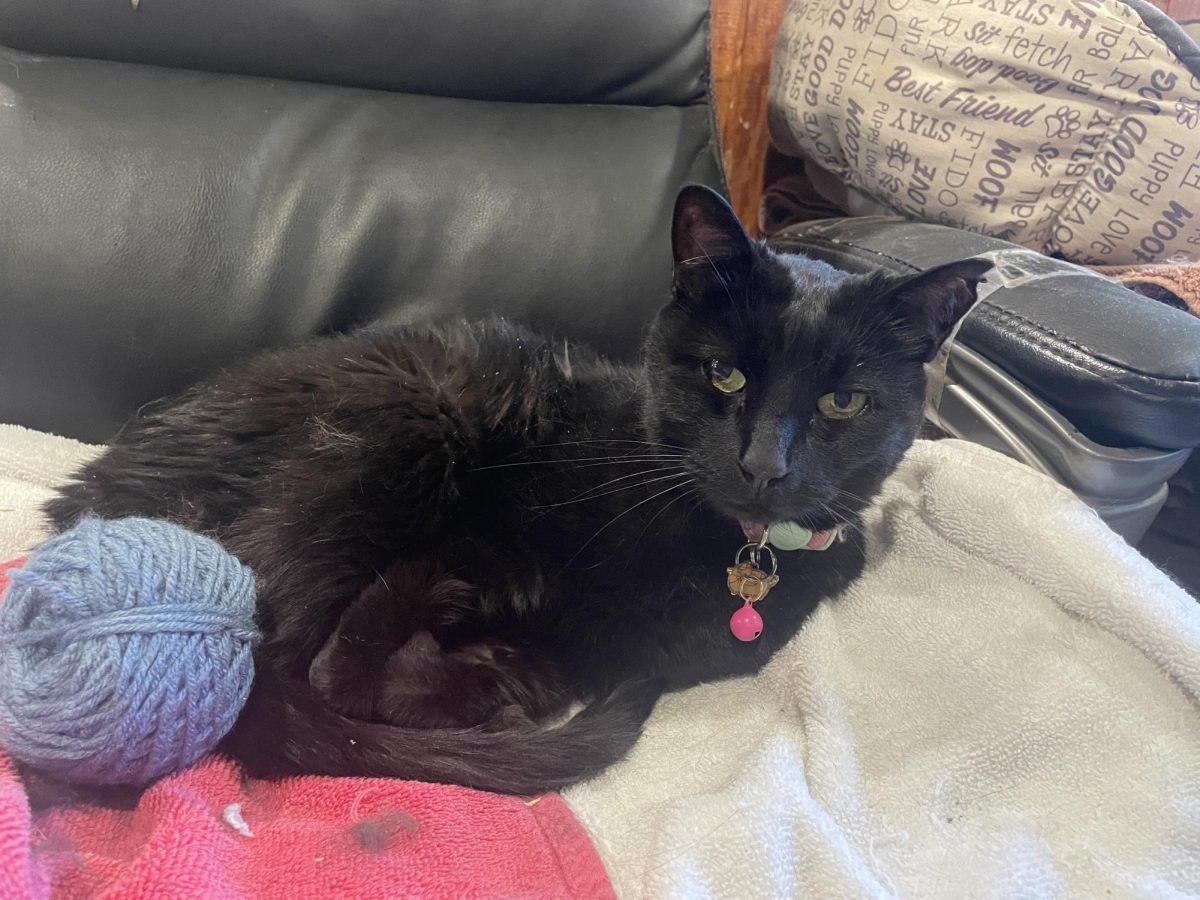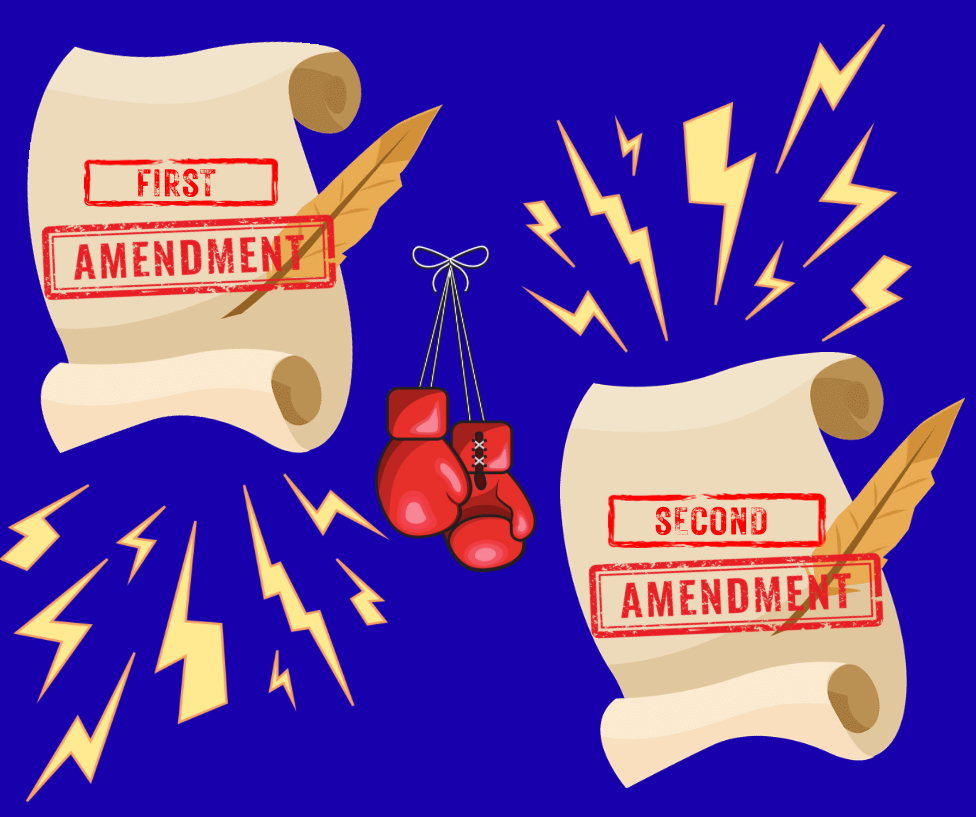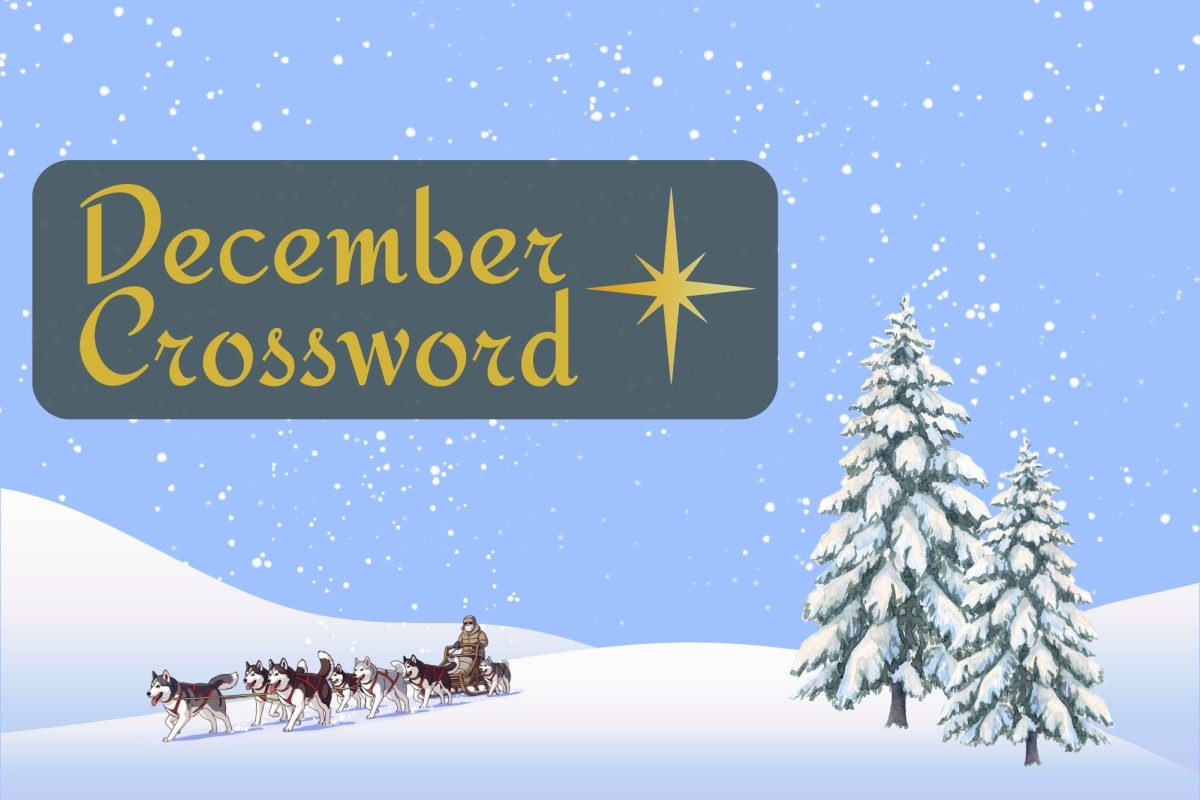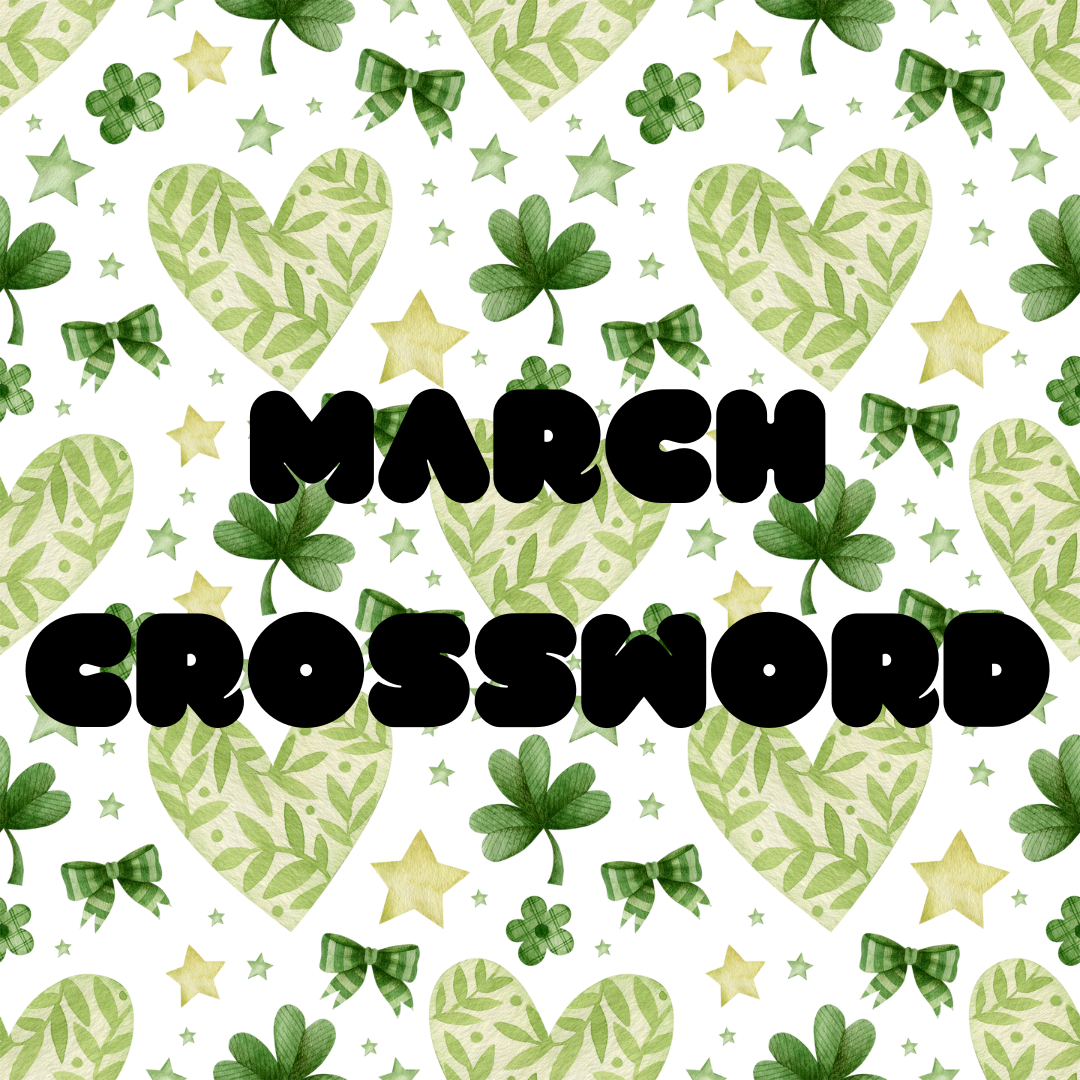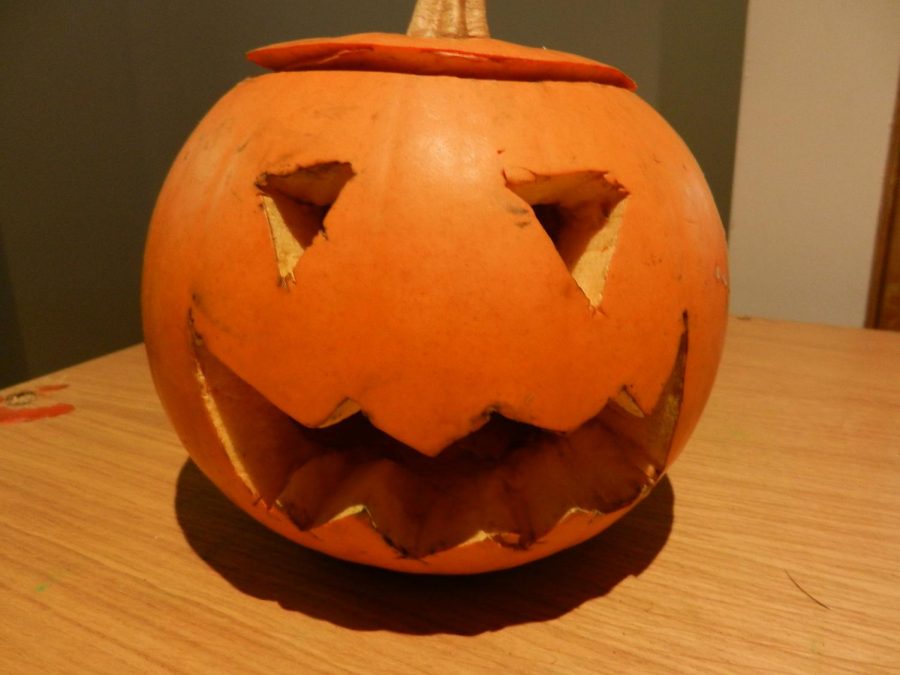The history of Halloween: Samhain
The Origin of Halloween
Photo via Wikimedia Commons under Creative Commons license
This jack-o-lantern was carved in honor of Samhain.
October 17, 2019
In celebration of Halloween, Dark History is showcasing short articles telling the history of Halloween. This week’s article is about Samhain, the original Halloween.
Halloween was not always called Halloween. In fact, the holiday went through several name changes, but going back to the very beginning, it started as an ancient Celtic festival called “Samhain,” or “November,” in English. Samhain ( pronounced sow-win) was a tradition where Celts would burn a bonfire and dress up in scary looking costumes to ward off ghosts, and the holiday always took place on October 31. November 1 was viewed as the end of summer and the beginning of a cold winter which would lead to many human deaths. The Celts believed that if Samhain was not celebrated, there would be a punishment from the gods. Usually the punishment would be severe illness or death. The celebration could last up to 6 days and consisted of drinking beer, mead, or any other alcohol in excess while consuming large feasts.
The Celts believed that the 31st was when the border between the living and the dead became the thinnest. In order to protect themselves, the Celts made costumes they believed would “ward off” spirits. The Celts also made treats for faeries that lived outside the village, also known as Sidhs. They also believed in other mythological creatures such as Pukah, Lady Gwyn, The Dullah, a Faery Host, and the Sluagh. Pukah was a shapeshifter that received offerings from the fields, Lady Gwyn was a woman dressed in white who chased wanderers, a Faery Host kidnaps people, and the Sluagh would steal the souls of wanderers.
There are many old myths about Samhain. According to TheWildGeese.irish, one of the more popular stories is called “The Second Battle of Mag Tuired,” which was the “final conflict between Tuatha de Danann ( a magical race of beings), and the Fomor ( a hostile race).” This battle took course over Samhain. Fionn Mac Cumhaill was a famed celtic warrior who fought the evil fairy prince, Aillen, who tried to burn down Hall of Tara every Samhain. Mac Cumhail was able to defeat the foe with a magical spear, and when the town saw him do so, they cheered him. This victory gave Mac Cumhail the role of Captain in the village of Tara.
Clearly, the way Halloween is celebrated today is very different from Samhain, but the idea of the holiday is still prominent. Check back soon for the second chapter of this series: All Souls Day.









